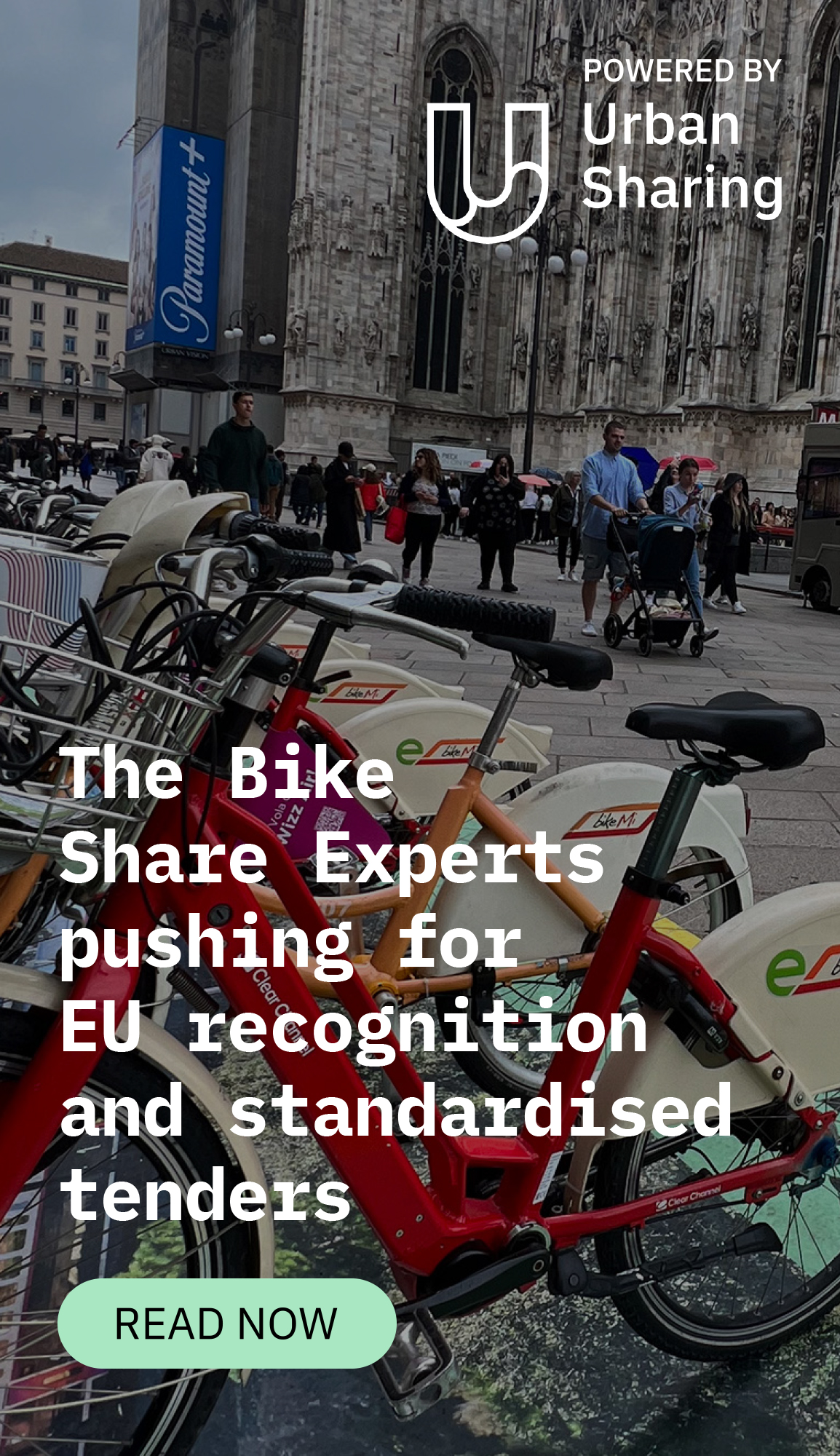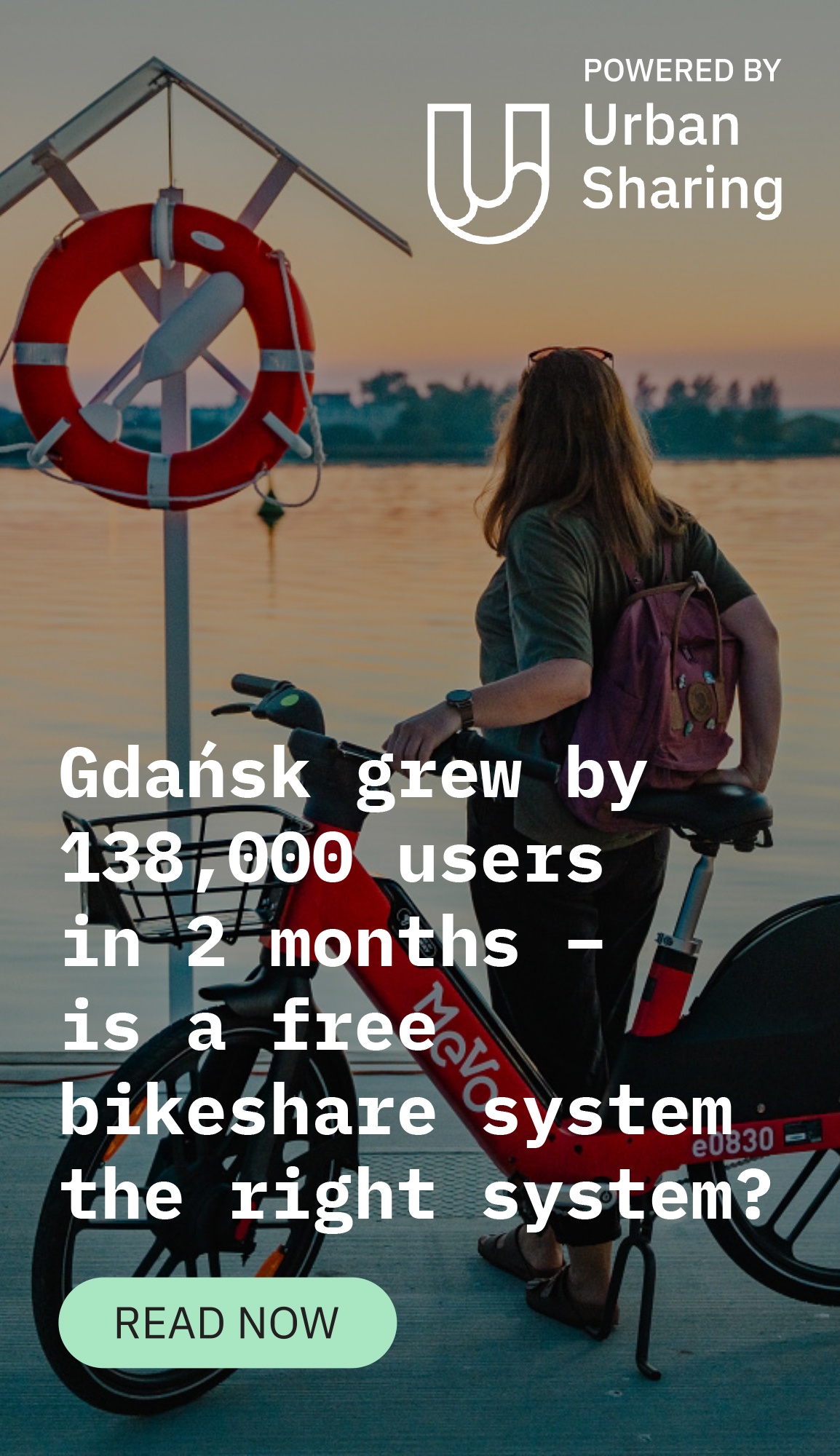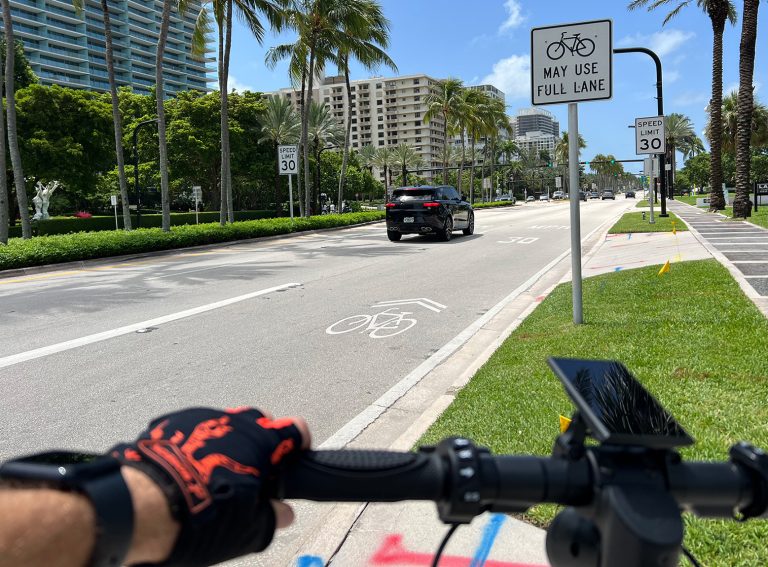Author: Jack Samler, Regional General Manager, Voi UK, Ireland and France
The Paris referendum has sent ripples right through the micromobility world. Firstly, astonishment that a) the future of e-scooters in Paris was the subject of Mayor Hidalgo’s first ever referendum and b) that relations between operators and the city appeared to have reached a point where this was the final/only option. And then the result: both a tiny turnout but also an overwhelming majority against e-scooters. Now it’s time for reflection about what Paris means for micromobility both in France and more widely.
Paris reflections
Firstly, change and innovation is hard. It is easier to ban something – particularly when under pressure from a vocal minority – then to work through the political, operational and practical challenges of progress. Shifting mindsets from “this is hard, let’s quit” towards “how can we make this work?” can be more complex than it sounds, particularly when it involves public-private sector partnerships.
Secondly, this is a speedbump, not a roadblock. We need to rethink how we move around our towns and cities, and as part of that we need to drastically cut carbon emissions from transport. As a non-subsidised, easy to use, net zero form of transport, shared e-scooters are part of the answer. Europe is adopting shared e-scooters at great pace, and momentum is building. People who ride e-scooters love them. They’re easy to use, affordable, reliable and sustainable. There were 400,000 people using them in Paris. Political appetite will continue to grow, and shared e-scooters will be back in Paris one day.
Thirdly, reputations stick and perception matters. The Paris e-scooter scheme has run more smoothly over the last couple of years, with rapidly reducing issues concerning safety and city clutter. However, it’s clear that the scars of the chaotic “early days” of e-scooters in Paris – where operators moved too fast for regulation – are clearly still carried. This is a lesson for all fast-moving private enterprises that are looking to innovate in traditional spaces. It also shows the importance of paying attention to what people are saying about e-scooters, whether it be on social media, in the press or in council chambers, and then both engaging and acting, with teams dedicated to building relationships with city officials, politicians and both riders and non-riders. In this way other structural transformations such as bus lanes, Vélib Métropole hire bikes and pedestrian-only waterfront streets have been adopted and become part of the Parisian way of life despite initial strong objections.
Lastly, operators must continue to provide the elements that will drive adoption. We must continue focusing day-in, day-out on reducing clutter, improving parking, and ensuring our service is as safe as possible. This must be done in partnership with local and national governments, as part of creating a long-term regulatory model that works for all stakeholders.
French charter: a code of practice for all countries?
We hope the City of Paris will consider reopening a tender within the next few years to remain one of the leading cities in sustainable mobility. E-scooters will not disappear from the streets of Paris – while all shared e-scooters will be removed by 1 September, private e-scooters will remain with no rules about speed limits in pedestrian areas, lower age limits, and no ID checks.
The Mayor may yet wish that she had worked with responsible operators of shared e-scooter schemes – for these vehicles are responsibly maintained, regulated and speed controlled, while private e-scooters aren’t. Just before the referendum, Voi was a signatory to a charter drawn up by the French Minister of Transport, Clément Beaune, where operators committed to regulatory measures to improve the experience of e-scooters for everyone in France. This charter makes a useful code of practice for operators in any country, as we know the potential issues caused by e-scooters – just like the benefits of them – are universal.
In the charter, we and other operators committed to regulatory measures many of which only shared e-scooters can offer, including:
- Encouraging responsible behaviour by riders, including observing the rules of the road, mandatory age verification, ID plates for each e-scooter, and encouraging riders to wear helmets
- Guaranteeing the safe use of our e-scooters with features such as restricted speed in areas agreed with the city, and equipping scooters with safety features such as indicators
- Ensuring orderly parking by using a range of measures, from installing parking stands to fining riders who park irresponsibly
- Making the whole service environmentally friendly, by deploying e-scooters designed to last longer, using local teams and recycling facilities, with 100% zero-emission local logistics and using renewable energy
Paris has shown us that we must be constantly on our toes, never complacent. We know that e-scooters are transforming towns and cities all over the UK and Europe, where they are becoming the “new normal” in a post-pandemic world, with councils caring more about air quality, tackling congestion and being able to hear the birds sing. But we still have many hearts and minds to win over and we can only do that with two-way communication and most of all, responsible actions: by learning the lessons from Paris.








